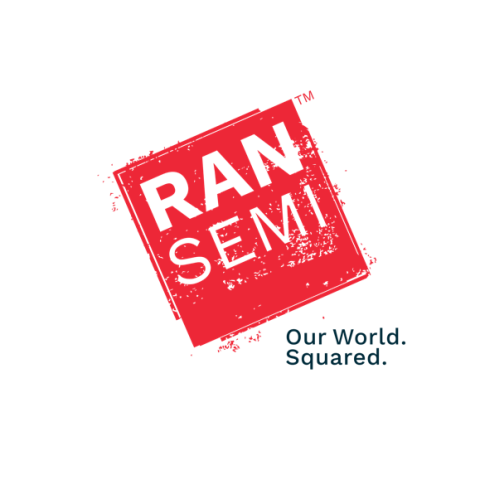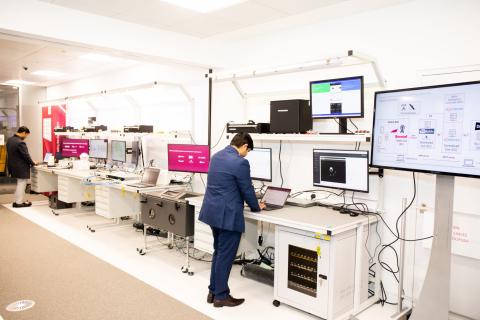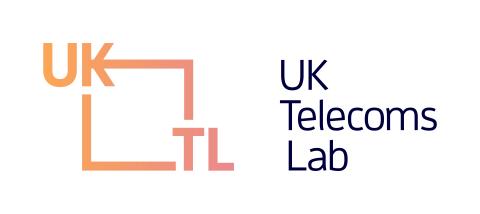
Diversification of the telecoms supply chain is ultimately about choice, a desire to broaden the choice of equipment and solution providers in the sector-driven by commercial, technical and geopolitical factors
The Open RAN (Radio Access Networks) movement is a new approach to building mobile networks. Traditional RAN solutions are provided as a hardware and software integrated platform, generally requiring telecom operators to work with single suppliers across an entire mobile site. The demand side of the ecosystem does have a choice in this scenario, but only between proprietary systems.
The ambition for Open RAN is to create a multi-supplier RAN solution that allows for the separation-or disaggregation-of hardware and software with open interfaces and virtualisation. The promised benefits include greater solution control and flexibility, as well as further innovation stimulated by increased competition.

-
Government PolicyGovernment Policy
The UK government is committed to building secure and resilient communications infrastructure as well as enhancing competition and innovation within the telecoms supply chain.
-
Open Networks EcosystemOpen Networks Ecosystem
Developing Radio Access Network (RAN) infrastructure for mobile networks has always been a challenge for smaller players, due to the amount of upfront investment required. Most solutions deployed today use proprietary hardware and interfaces, meaning it is not possible to develop a small subset of the RAN.
-
Open RAN Research & DevelopmentOpen RAN Research & Development
Given the potential opportunities for innovation in the Open RAN ecosystem, the UK is investing in a range of research, development and testing projects - both government and industry funded - to accelerate progress at every level in these key and interlinked areas.
-
Open RAN Products, Services & DeploymentsOpen RAN Products, Services & Deployments
Increasingly, Open RAN equipment has been making it through the phases of R&D, interoperability testing and into real deployments. The UK has traditionally been strong in small cell technology development, in-building solutions and alternative neutral host deployment models.
-
Interoperability & TestingInteroperability & Testing
Interoperability testing (IOT) will be needed whenever more than one Network Equipment Vendor is supplying components (software modules or hardware equipment) based on standardised interfaces. This testing, between the vendors for shared interfaces, is generally based on test specifications supplied by the standards body but can also be based on an agreement between companies or consortia.
-
International LandscapeInternational Landscape
5G deployments are well underway in most developed markets. Arguably, Japan, Korea, China and the USA are all ahead of the UK and Europe in 5G rollout speeds and investment. This may be beneficial when it comes to adoption of Open RAN in the UK – as it could leave larger parts of the networks for Open RAN rollout.
India-UK Connectivity and Innovation Centre
Joint announcement by the Department of Science, Innovation & Technology (DSIT), Government of the United Kingdom of Great Britain and Northern Ireland and the Department of Telecommunication (DOT), Government of the Republic of India








